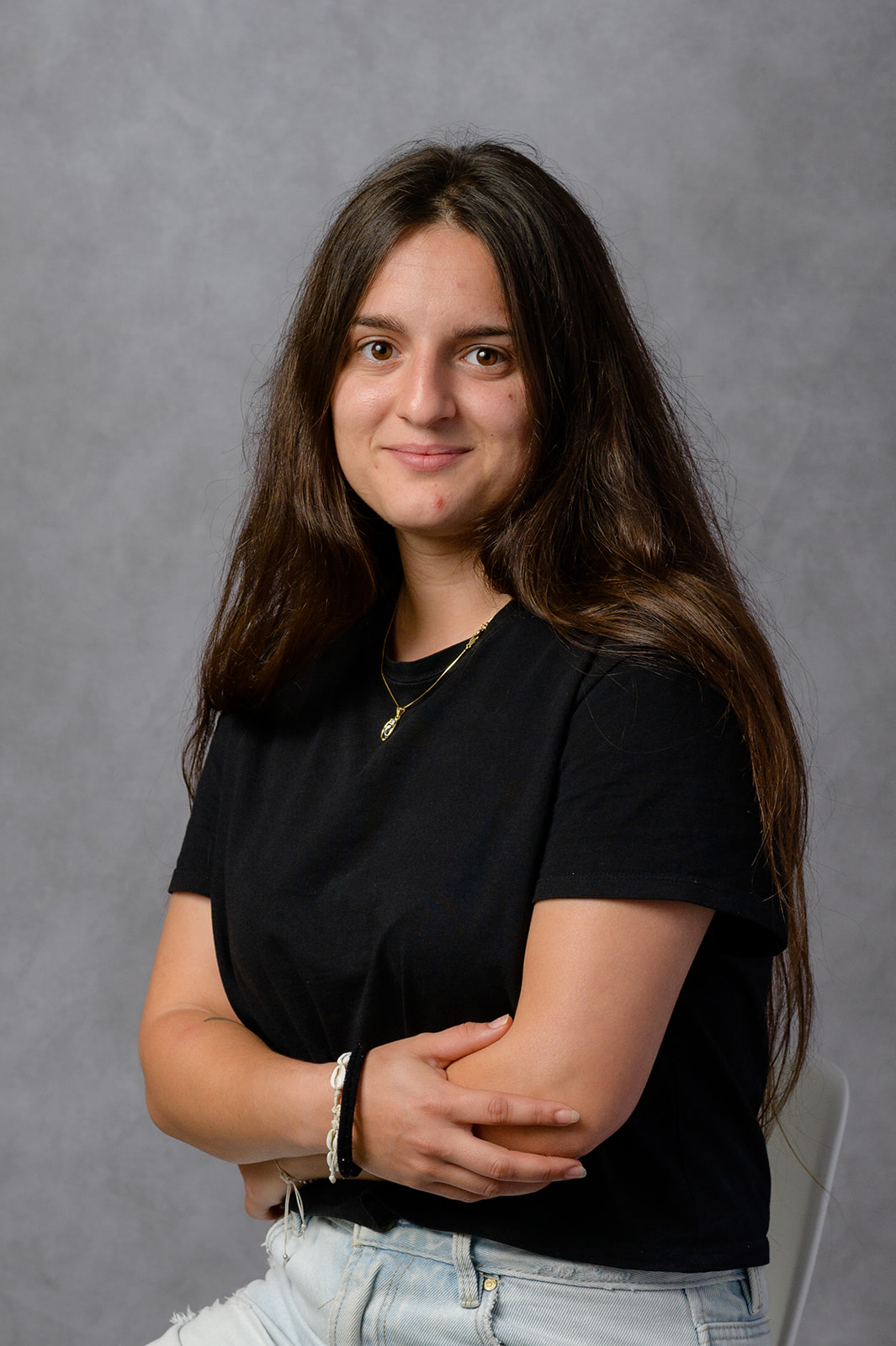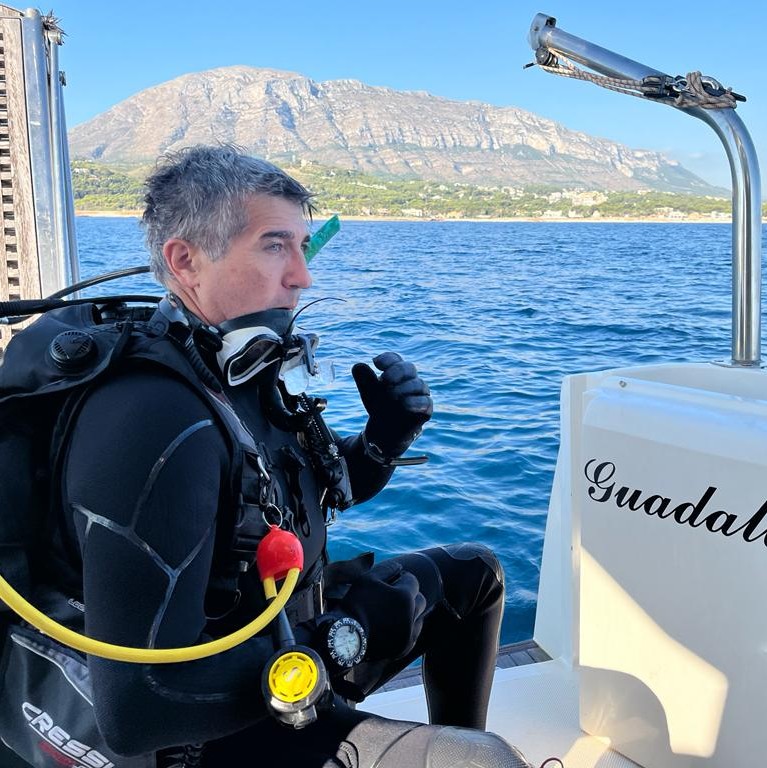
Línea de investigación principal
In the Coastal Oceanography group, chemical, biological and geological oceanography fields are integrated to address the study of the processes that occur in the coastal marine environment. These studies have applications in correcting environmental impacts, controlling pollutants, eutrophication processes, controlling invasive species, and managing ecosystemic fisheries.
The lines of work developed by this group are:
Responsable de la línea

Equipo investigador

Paula Soms Molina
mail: pausommo@upvnet.upv.es



